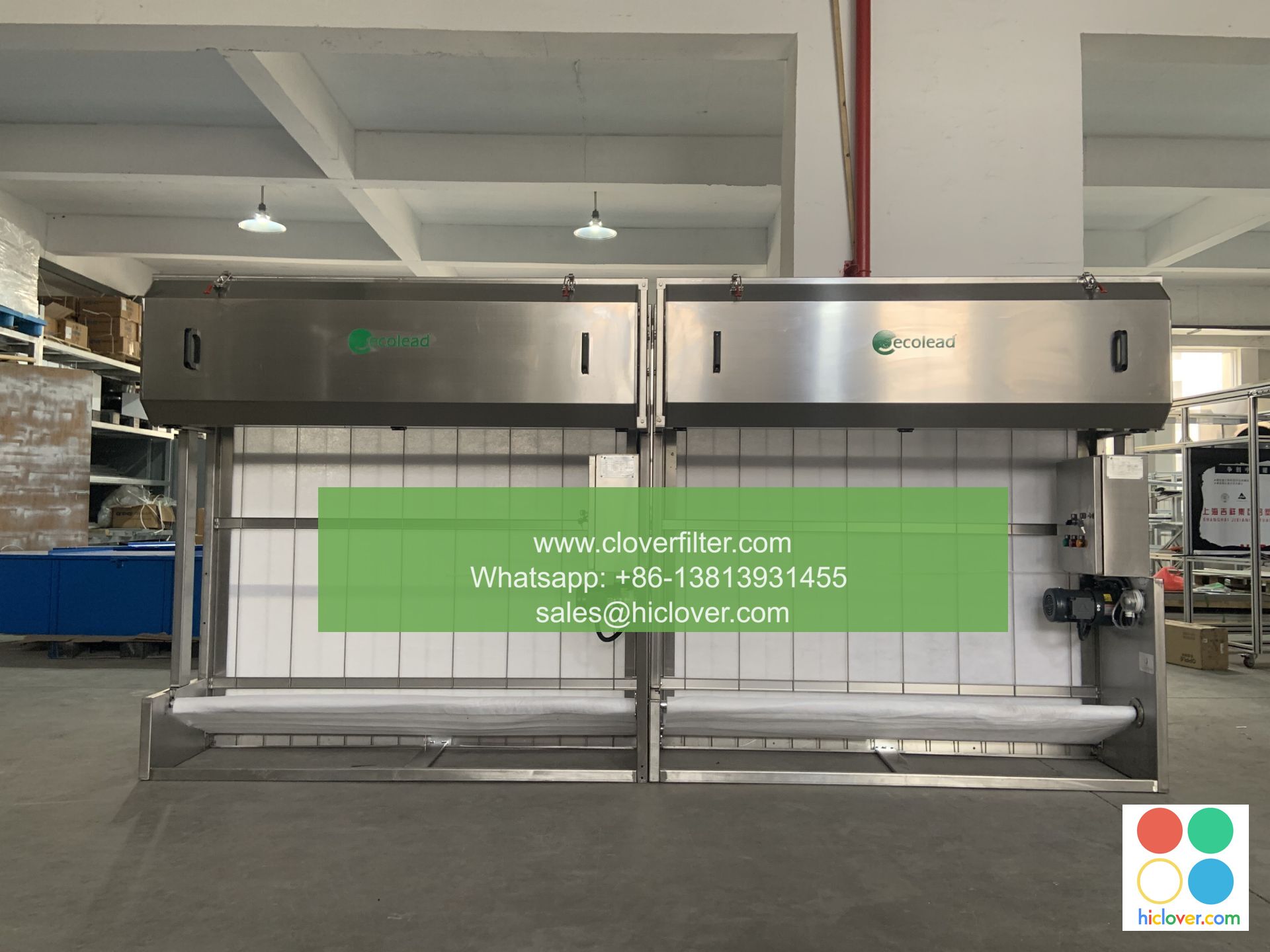The Benefits of Air Purifiers with HEPA Filters for Removing Allergens in Industrial Spaces

Industrial spaces can be breeding grounds for allergens, pollutants, and other airborne contaminants that can negatively impact the health and productivity of workers. One effective solution to mitigate these issues is the use of air purifiers with High Efficiency Particulate Air (HEPA) filters. In this article, we will explore the benefits of air purifiers with HEPA filters for removing allergens in industrial spaces, highlighting various application areas and key technologies.
What are HEPA Filters and How Do They Work?
HEPA filters are designed to capture 99.97% of particles as small as 0.3 microns, including dust, pollen, mold, and other airborne allergens. These filters work by using a combination of three mechanisms: interception, impaction, and diffusion. As air passes through the filter, particles are trapped, ensuring that the air that exits the filter is clean and free of contaminants. This makes HEPA filters an essential component of air purifiers for industrial spaces, where the air can be heavily polluted with particulate matter.
Benefits of Air Purifiers with HEPA Filters in Industrial Spaces
The use of air purifiers with HEPA filters in industrial spaces offers numerous benefits, including:
* Improved Indoor Air Quality (IAQ): By removing airborne allergens and pollutants, air purifiers with HEPA filters can significantly improve IAQ, reducing the risk of respiratory problems and other health issues.
* Reduced Sick Leave and Increased Productivity: By minimizing the presence of allergens and pollutants, air purifiers with HEPA filters can help reduce the number of sick days taken by workers, leading to increased productivity and a more efficient workforce.
* Compliance with Occupational Health and Safety Regulations: Many industrial spaces are subject to strict occupational health and safety regulations, which require employers to provide a safe and healthy working environment. Air purifiers with HEPA filters can help employers meet these regulations, reducing the risk of non-compliance and associated penalties.
* Protection of Sensitive Equipment and Processes: In some industrial spaces, sensitive equipment and processes can be damaged or compromised by airborne contaminants. Air purifiers with HEPA filters can help protect these equipment and processes, reducing the risk of damage and downtime.
Application Areas for Air Purifiers with HEPA Filters
Air purifiers with HEPA filters can be used in a variety of industrial spaces, including:
* Manufacturing Facilities: Where airborne pollutants and allergens can be generated by manufacturing processes, air purifiers with HEPA filters can help remove these contaminants, improving IAQ and reducing the risk of health problems.
* Warehouses and Storage Facilities: Where dust, mold, and other airborne allergens can accumulate, air purifiers with HEPA filters can help minimize the presence of these contaminants, reducing the risk of respiratory problems and other health issues.
* Pharmaceutical and Biotechnology Facilities: Where sensitive equipment and processes require a high level of air quality, air purifiers with HEPA filters can help protect these equipment and processes, reducing the risk of contamination and downtime.
* Food Processing and Packaging Facilities: Where airborne allergens and pollutants can contaminate food products, air purifiers with HEPA filters can help minimize the presence of these contaminants, reducing the risk of foodborne illnesses and product recalls.
Key Technologies and Features to Consider
When selecting an air purifier with a HEPA filter for an industrial space, there are several key technologies and features to consider, including:
* Filter Replacement Indicators: Which can help ensure that filters are replaced regularly, maintaining optimal air quality and filter performance.
* Air Quality Sensors: Which can monitor air quality in real-time, providing feedback on the effectiveness of the air purifier and identifying areas for improvement.
* Variable Speed Controls: Which can help optimize air purifier performance, reducing energy consumption and minimizing noise levels.
* Certifications and Compliance: Such as UL (Underwriters Laboratories) and CE (Conformité Européene) certifications, which can ensure that the air purifier meets relevant safety and performance standards.
In conclusion, air purifiers with HEPA filters offer a effective solution for removing allergens and pollutants from industrial spaces, improving IAQ, reducing sick leave, and increasing productivity. By considering the benefits, application areas, and key technologies and features outlined in this article, employers can make informed decisions about the use of air purifiers with HEPA filters in their industrial spaces, creating a healthier and more productive work environment for their employees. You haven’t asked a question or provided any context. What would you like to talk about?

